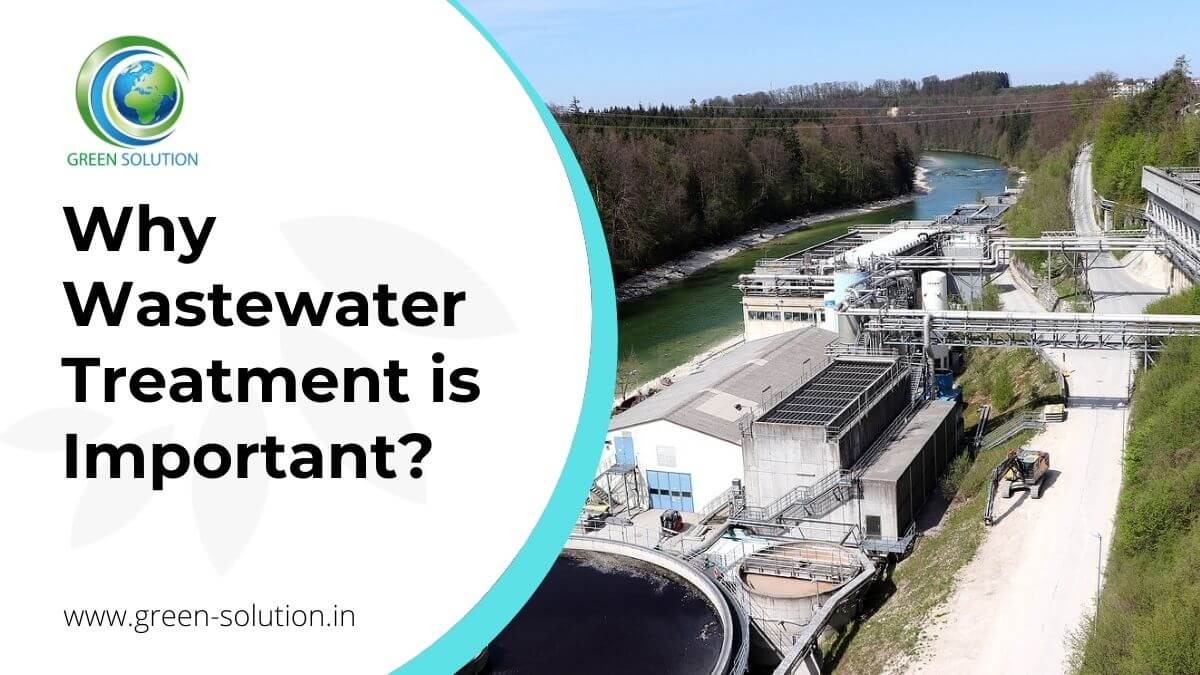6 Simple Techniques For Reclaim Waste
Table of ContentsHow Reclaim Waste can Save You Time, Stress, and Money.Reclaim Waste Can Be Fun For AnyoneWhat Does Reclaim Waste Do?The Single Strategy To Use For Reclaim WasteWhat Does Reclaim Waste Mean?
Explore the kinds, occurrences, and forms of liquid waste. Domestic sewage waste refers to the waste and products from a household sewage-disposal tank. This sort of waste is produced by humans in houses, colleges, and other structures. This only consists of sewage-disposal tanks that have a drain field. The proper monitoring and disposal of domestic sewage waste call for liquid waste to be moved to a sewer treatment plant where the correct techniques and equipment are related to purify and take care of waste.
Industrial waste typically consists of prospective dangers, such as flammable materials or a mix of fluid and solid waste products, and calls for a much more innovative and in-depth disposal process. The disposal of commercial waste commonly involves the purification of waste before transportation to make sure risk-free and appropriate disposal. Industrial waste is produced from byproducts and overflow of industrial procedures and manufacturing.
This sort of waste can not use the exact same sewer management transportation or procedures as septic or commercial fluids. The hazardous waste management process requires the assessment and testing of fluid waste prior to it undergoes the disposal process (liquid waste disposal melbourne). Overflow waste is the liquid waste that comes from runoff and excess stormwater in highly booming locations or cities
Overflow waste can cause contamination and flooding otherwise handled properly. Find out more regarding drain cleansing and waste monitoring. Ensuring appropriate waste management can stop catastrophes and reduce environmental injury. Both people in residential setups and experts in commercial or manufacturing sectors can gain from comprehending the processes and policies of fluid waste monitoring.
A Biased View of Reclaim Waste
Contact PROS Services today to learn concerning our waste management and disposal solutions and the appropriate methods to take care of the fluid waste you generate.
This so-called 'wastewater' is not just a vital resource but, after treatment, will certainly be released to our land, rivers or the sea. Used water from toilets, showers, baths, cooking area sinks, laundries and industrial processes is recognized as wastewater.

water used to cool equipment or tidy plant and devices). Stormwater, a type of wastewater, is runoff that streams from farming and city areas such site as roof coverings, parks, yards, roads, courses and seamless gutters right into stormwater drains, after rainfall. Stormwater streams neglected directly to regional creeks or rivers, at some point reaching the ocean.
An Unbiased View of Reclaim Waste
In Queensland, many wastewater is treated at sewage treatment plants. Wastewater is moved from domestic or commercial websites via a system of sewers and pump stations, recognized as sewage reticulation, to a sewage treatment plant.
The Department of Natural Resources suggests neighborhood federal governments concerning managing, operating and keeping sewerage systems and therapy plants. In unsewered locations, regional governments may need homeowners to mount individual or family sewer treatment systems to deal with domestic wastewater from toilets, kitchen areas, washrooms and washings. The Department of Natural Resources authorizes the use of home systems when they are confirmed to be efficient.
In some new neighborhoods, treatment of some stormwater to get rid of trash, sand and crushed rock has begun utilizing gross pollutant traps. Wastewater therapy occurs in 4 phases: Gets rid of solid issue.
Wastewater then flows right into large containers where solids clear up and are removed as sludge. Oil and residue are skimmed from the surface area. Uses small living microorganisms called micro-organisms to break down and eliminate continuing to be dissolved wastes and fine bits. Micro-organisms and wastes are included in the sludge. Removes nitrogen and phosphorus nutrients that might trigger algal blooms in our waterways and threaten marine life.
Little Known Questions About Reclaim Waste.
Nutrient elimination is not available at all sewage therapy plants because it requires pricey specialised devices. Clear liquid effluent produced after treatment may still include disease-causing micro-organisms - industrial wastewater treatment.

This normally indicates wastewater has actually to be treated or impurities eliminated prior to it can be discharged to rivers. The majority of wastewater streams into the sewage system. Under the Act, city governments administer authorizations and licences for environmentally relevant tasks (Ages) including wastewater releases that might have a local influence. The department carries out approvals and permits to Ages involving wastewater launches that may have a regional or statewide influence.
The Basic Principles Of Reclaim Waste
Tracking offers valid information about water high quality and can validate that licence conditions are being met. The information obtained with tracking offers the basis for making water top quality decisions.
Comments on “How Reclaim Waste can Save You Time, Stress, and Money.”